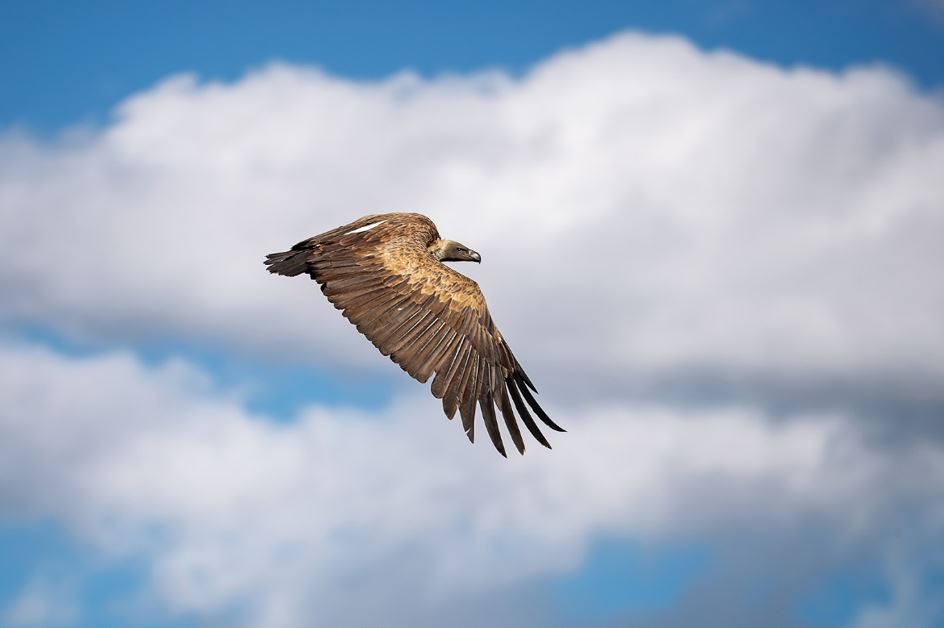African White Backed Vulture
Nairobi, Saturday 5th September 2020 – The Ministry of Tourism and Wildlife has today joined the rest of the world in commemorating International Vultures Awareness day. This day is used to create awareness about the role and importance of Vultures in the ecosystem and to humankind and the myriad threats facing the species.
There are eight species of vultures in Kenya. Four species are critically endangered, two species are endangered, one is near threatened, and one is of least concern.
The species are distributed as follows:
- White-backed Vulture – Critically Endangered
- White-headed Vulture – Critically Endangered
- Hooded Vulture – Critically Endangered
- Rüppell’s Vulture – Critically Endangered
- Egyptian Vulture – Endangered
- Lappet-faced Vulture – Endangered
- Bearded Vulture – Near Threatened
- Palm Nut Vulture – Least Concern
“Vultures are nature’s garbage disposers as they devour carcasses of animals thus keeping the environment clean and therefore limiting the spread of deadly diseases,” said Cabinet Secretary, for Tourism and Wildlife, Najib Balala.
Human-wildlife conflict contributes to about 61% of the death of these important birds. Herders who loose livestock to lions, hyenas, and other carnivores poison the carcasses to retaliate, but the vultures fall prey as collateral damage when they eat the same carcasses.
Vultures also aid in catching poachers. When poachers illegally kill animals and leave the carcass behind, vultures are usually the first to locate the carcass and they circle above the dead animal. This behavior pinpoints authorities to the poached animals. Because vultures aid authorities, many people kill the birds.
Communities in and around conservation areas need to undergo rigorous education on the importance of vultures to the ecosystem. This will help to create awareness and reduce the negative impacts of wildlife poisoning, so that the number of the vultures can rise.
